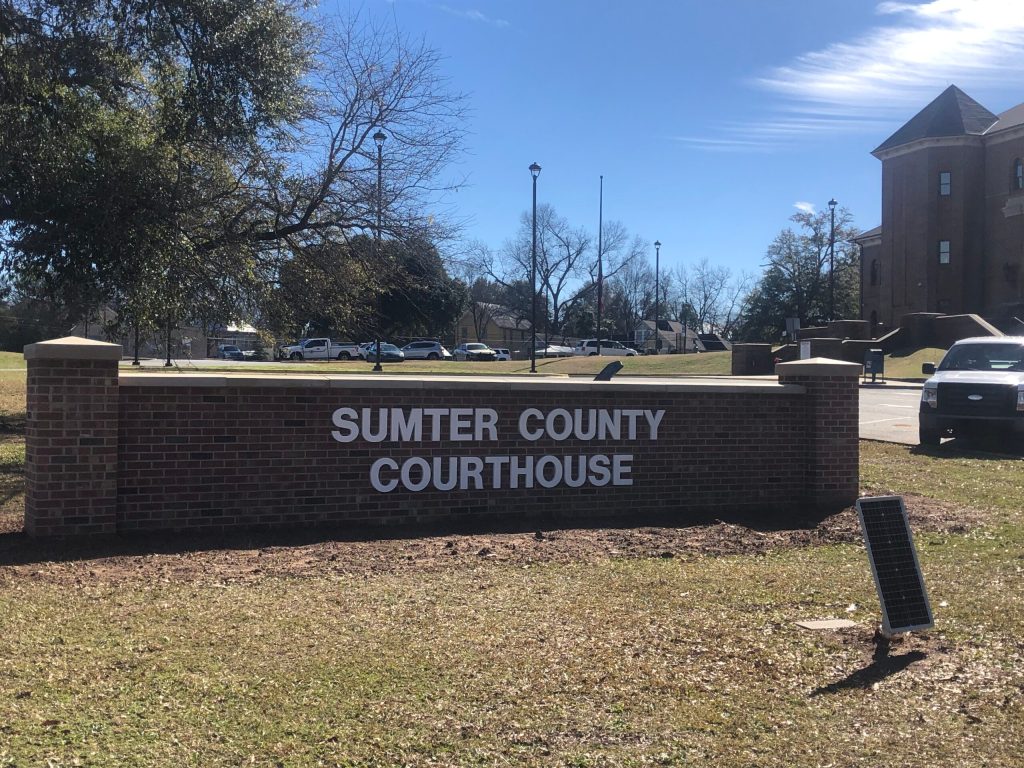Federal Agents Face Scrutiny Over Use of Force Tactics Against Protesters

Federal agents are under increasing scrutiny for their use of force against protesters during immigration demonstrations across several cities. Videos circulating on social media depict agents employing chokeholds, firing pepper spray at close range, and utilizing vehicles to control crowds. These actions raise serious questions regarding adherence to federal policies on the use of force, which stipulate that such measures should only be implemented when no safe alternatives exist.
Eric Balliet, a former federal agent with over two decades of experience, reviewed various videos of these incidents at the request of CBS News. Balliet, who oversaw internal investigations into use of force misconduct for U.S. Immigration and Customs Enforcement (ICE) until last year, expressed concern over the tactics employed. “This isn’t policing and law enforcement as I practiced it for 25 years,” he stated, highlighting a fundamental deviation from established protocols.
Legal Challenges and Policy Violations
The controversy has prompted legal action, with protesters and media organizations in Chicago filing a federal complaint regarding the tactics used by agents under the command of Customs and Border Protection (CBP) leader, Gregory Bovino. In light of this, U.S. District Court Judge Sara L. Ellis issued a ruling that temporarily blocks the deployment of chemical sprays and other less-lethal weapons unless there is an immediate threat of physical harm. “The use of force shocks the conscience,” Ellis remarked during her ruling, emphasizing the need for a reevaluation of current practices.
In response, the Department of Homeland Security (DHS) is preparing to issue revised directives to its personnel, which must be completed by the end of the day on Tuesday. The Trump administration has appealed the judge’s order, indicating ongoing tension between federal authorities and the judiciary over the use of force in these situations.
Balliet’s review of the videos revealed several alarming instances that appear to contravene established DHS policies. He noted that agents have been observed firing less-lethal munitions at protesters’ heads and torsos. One incident from September at an ICE facility in Broadview, Illinois, shows a priest being hit in the head by a pepper ball, an action that is explicitly prohibited under agency guidelines.
Excessive Force and Accountability Issues
Despite these findings, Commander Bovino defended the actions of his agents, asserting that the use of pepper balls complied with policy as the individuals were “trespassing” on federal grounds. He stated, “I applaud them for protecting that federal facility there,” in reference to the agents’ conduct during the protests.
Videos from various locations, including Portland and Chicago, depict agents deploying large amounts of tear gas and pepper spray at close range. In one October incident, a federal agent can be seen directly spraying an individual protester with a high volume of tear gas, raising concerns about the potential for serious injury. Balliet emphasized that such actions often lack adequate justification and do not align with the requirement for de-escalation.
The use of vehicles as a means of controlling protesters also came under scrutiny. Footage shows agents in unmarked vehicles making contact with demonstrators, a tactic Balliet described as “deadly force.” He highlighted the risks involved when vehicles are introduced into volatile situations, particularly when agents lack proper identification.
Furthermore, reports of chokeholds being employed by federal agents have surfaced, despite a 2023 DHS policy explicitly forbidding such tactics unless deadly force is authorized. Balliet expressed alarm over the apparent lack of accountability, noting that no disciplinary actions have been taken in connection with these incidents.
In response to the growing criticism, DHS Assistant Secretary Tricia McLaughlin issued a statement asserting that agents are trained to use the minimum amount of force necessary. The agency emphasized that protesters have engaged in violent acts against agents, including throwing rocks and fireworks.
As the debate continues, the potential long-term implications of these incidents on public trust in law enforcement remain a pressing concern. Balliet warned that ongoing violations could irreparably damage the relationship between federal law enforcement and the communities they serve.






